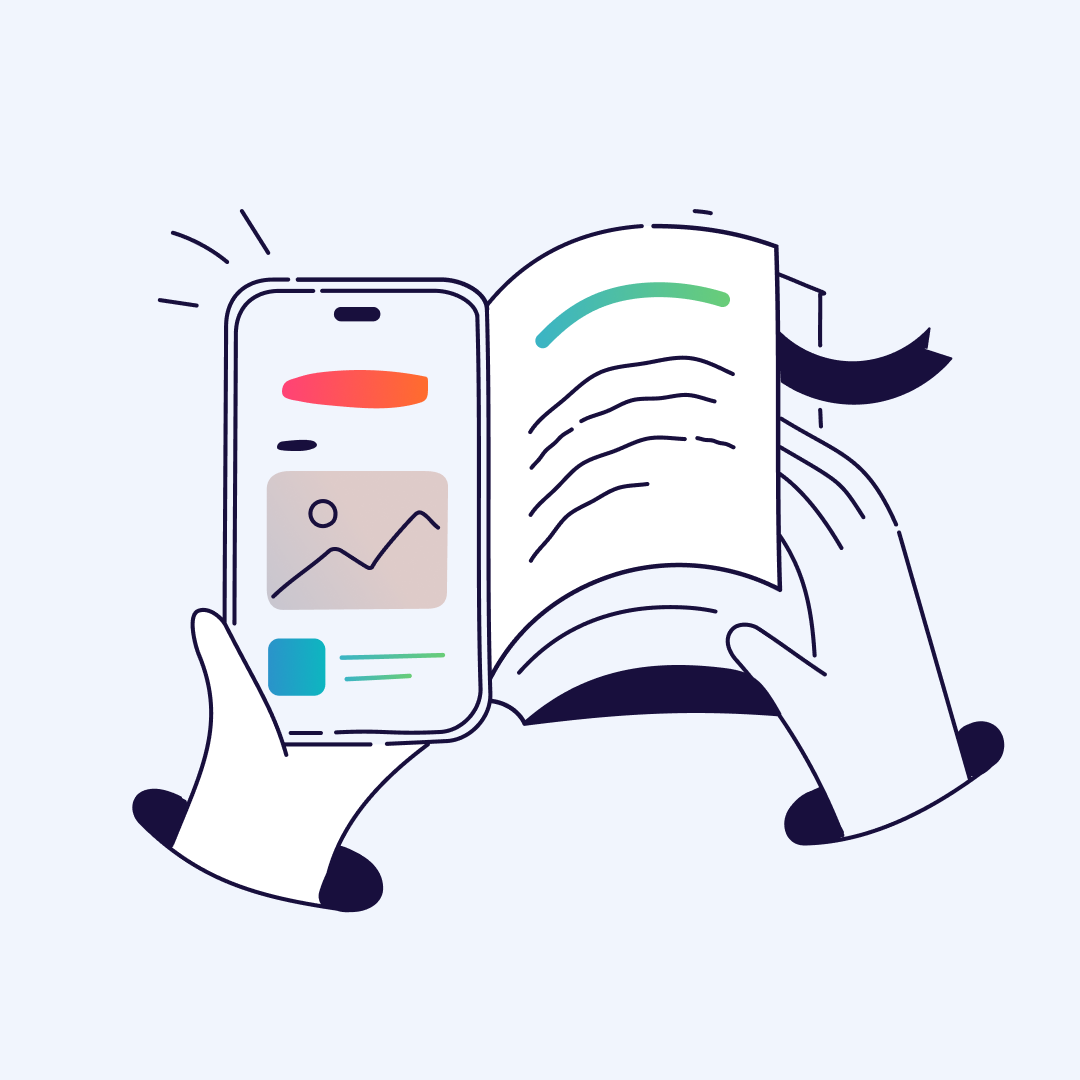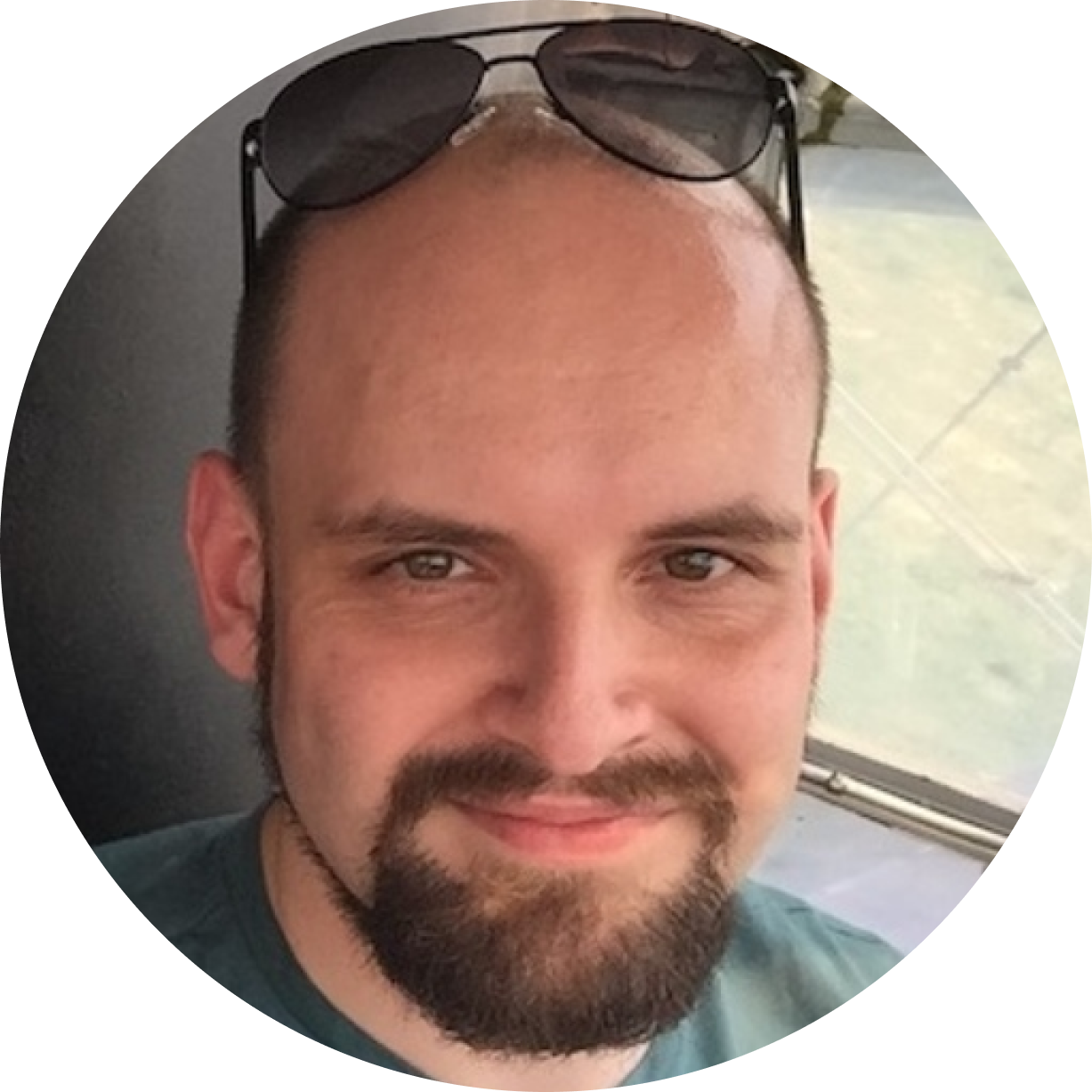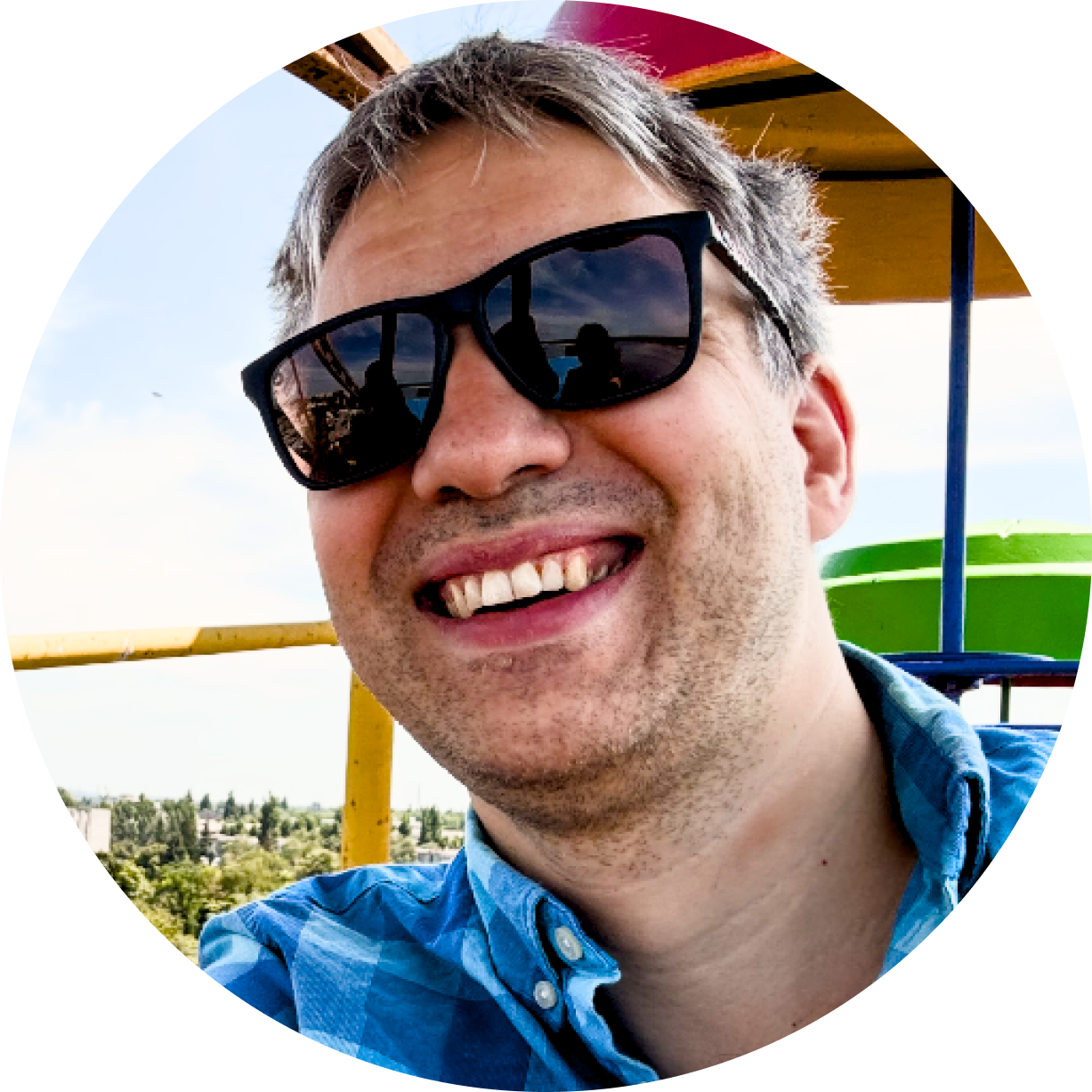In the world of bite-sized content, books remain a source of wisdom even for tech specialists. While some language and framework specs may be outdated, the fundamental approaches and mindsets that books contain are what readers are looking for.
We asked Railsware Full Stack Engineers to share which books made a difference in how they approach their work. Not just any technical guides but the ones that genuinely impacted their thinking. From classic coding wisdom to surprising insights from unexpected sources, our team’s picks cover more than just programming languages and frameworks.
Whether you’re just starting out or have been coding for years, you might find your next perspective-changing read in this selection of books.
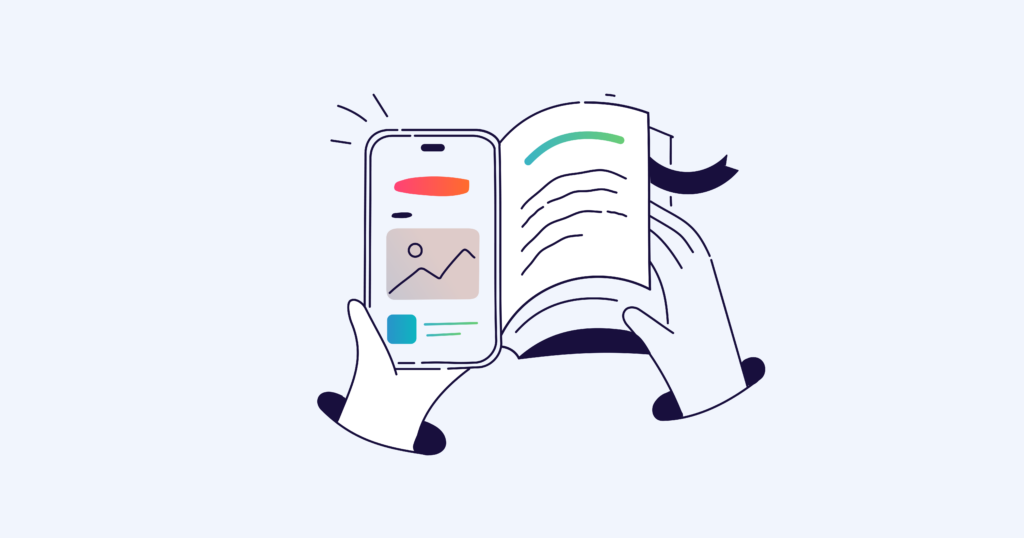
Code Complete: A Practical Handbook of Software Construction by Steve McConnell
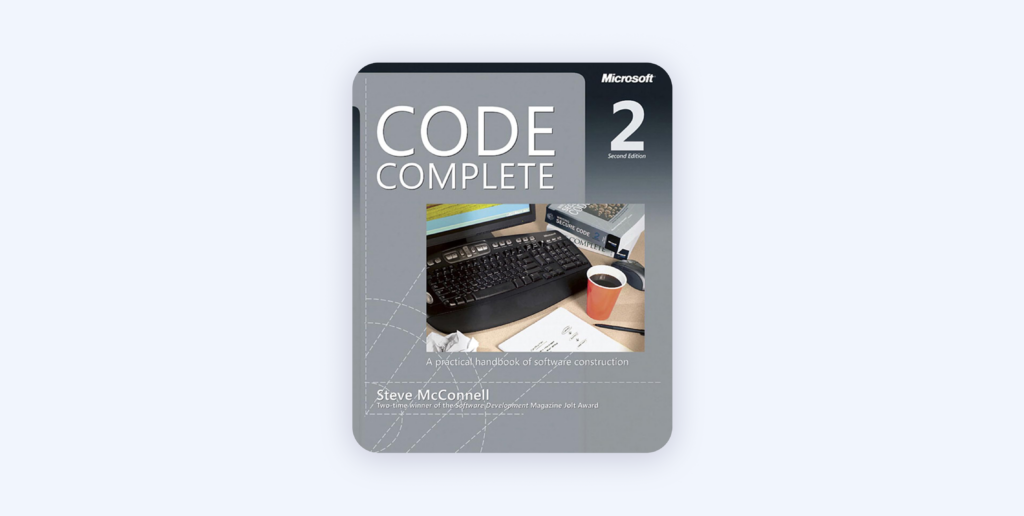
Code Complete is the definitive guide to software construction — the art and science of writing exceptional code. In this comprehensive and meticulously researched handbook, Steve McConnell distills decades of software development wisdom into practical, actionable advice for programmers at all levels.
The book covers the entire software development lifecycle, offering evidence-based best practices for everything from variable naming and code organization to testing methodologies and debugging techniques. McConnell combines technical depth with remarkable clarity, providing theoretical foundations and specific examples demonstrating why certain approaches lead to more reliable, maintainable, and efficient code. Whether you’re working on small projects or large-scale systems, this book provides the guidance needed to write code that stands the test of time.
This book will be useful for:
- Software developers at all experience levels, from beginners seeking solid foundations to seasoned experts looking to refine their craft
- Self-taught programmers wanting to fill gaps in their knowledge
- Software engineers preparing for technical interviews
- Quality assurance professionals who need to understand code quality metrics
- Development teams seeking to establish consistent coding standards
The book that had the greatest impact on my development as a programmer was Steve McConnell’s Code Complete, which I read while still in college. Firstly, when I later read his other books, I became convinced that his approach is based on thorough research using large volumes of factual material. Secondly, it’s a collection of very simple code design principles and truths about development in general. They are universal and don’t depend on any specific stack or language. And finally, the information in the book is so well structured and presented that it stays in your memory for life.
Dune by Frank Herbert
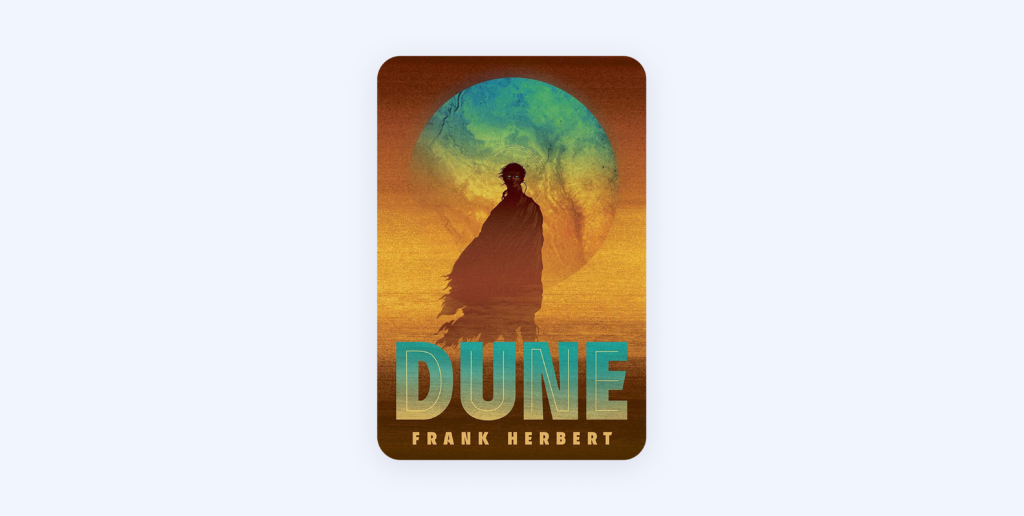
Frank Herbert’s Dune is far from the modern definition of a “tech book.” Yet, this impressively detailed story relies heavily on technology development and its impact.
Dune is a sweeping epic that unfolds across a vast desert planet where water is more precious than gold, and political intrigue runs as deep as the endless sands. Set in the distant future, the story follows young Paul Atreides, heir to a noble house, as his family accepts the stewardship of Arrakis, the only source of the most valuable substance in the universe: the spice melange. When betrayal and tragedy shatter Paul’s life, he embarks on a journey that transforms him into something far beyond what any human has become before.
Herbert creates an intricate universe complete with its own ecology, religion, politics, and technology. The richly detailed world-building encompasses everything from the complex water economy of the desert planet to the machinations of interstellar powers vying for control of the spice. Through this lens, Herbert explores timeless themes of power, religion and human potential.
This book will be enjoyable for:
- Science fiction enthusiasts seeking depth beyond typical space opera
- Readers who appreciate intricate world-building and political intrigue
- Fans of epic storytelling with far-reaching consequences
I feel compelled to mention the Dune series, even though this choice may be unexpected and a bit hyped. The Dune universe takes place thousands of years into the future, where computing and AI evolved so dangerously that it threatened the very existence of humankind. As a result, “thinking” devices were banned by law. It’s interesting to put this into the context of the time it was written (1965) which was so far away from how we understand computing and AI today.
–
Nevertheless, we’re talking about a sci-fi novel series here, so you can imagine that floating platforms capable of carrying humans around, spaceships traveling at the speed of light and ingenious stillsuits worn by humans and designed to conserve the humidity of the body in dire desert conditions are things considered normal in the Dune universe. So technology did evolve.
–
But it produced a shift in my mentality about what “technology” could mean other than software, social media and AI which we value so much today, focusing more on hardware advances than on software ones.
99 Bottles of OOP by Sandi Metz, Katrina Owen
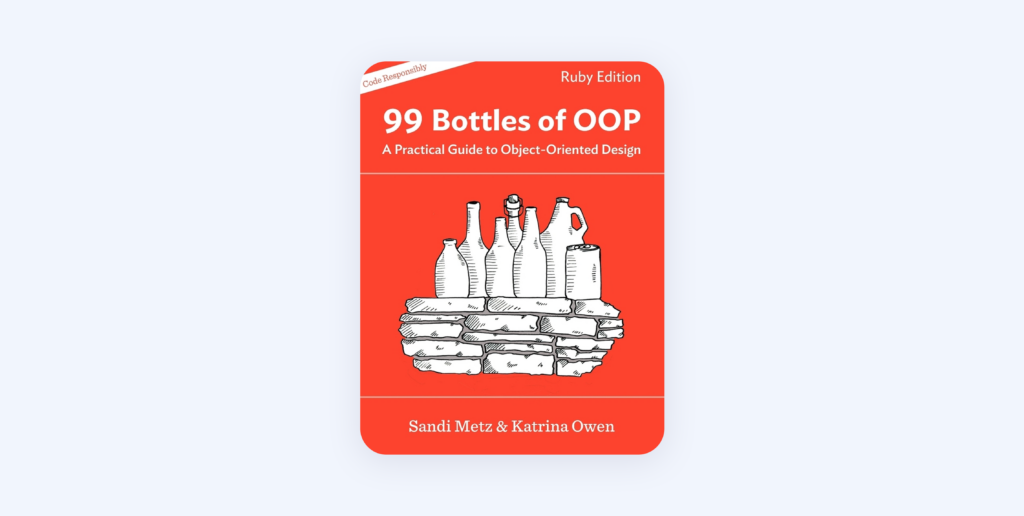
99 Bottles of OOP is a practical, hands-on guide to writing flexible, maintainable code that embraces change rather than resists it. The book uses a real-world approach, starting with working but flawed code and progressively improving it while teaching essential OOP concepts. Readers witness firsthand how different design decisions affect code quality. Throughout this journey, the authors introduce key principles, including the Open/Closed Principle, code smells, refactoring techniques, and the critical skill of recognizing when complexity demands abstraction—and when it doesn’t.
What sets this book apart is its focus on the thought process behind good design rather than just the end result. The authors reveal their reasoning at each step, highlighting the usually hidden mental models experienced developers rely on when crafting elegant solutions.
This book will be useful for:
- Mid-level developers looking to advance their object-oriented programming skills
- Technical leads who need to evaluate code quality more effectively
- Self-taught programmers ready to move beyond “making it work” to “making it right”
There are a lot of interesting things in software development, like OOP, SOLID, design patterns, DDD, and more. When you learn them quickly and one by one, it’s easy to get caught up in wanting to use the best and most perfect approach. But there is no “best” approach, and it’s easy to fall into things like: too many abstractions, too DRY code, wrong abstractions, missed deadlines, and more. This book teaches what “good enough” code is. It takes you on a journey from the simplest solution to the most abstract, and many in between.
It helps develop a sense of where to stop abstracting and what will be enough, depending on the circumstances. There is no “one best solution”, but rather many solutions that are suitable for solving a problem in different ways, and what you need to know is how to choose one.
Hooked: How to Build Habit-Forming Products by Nir Eyal
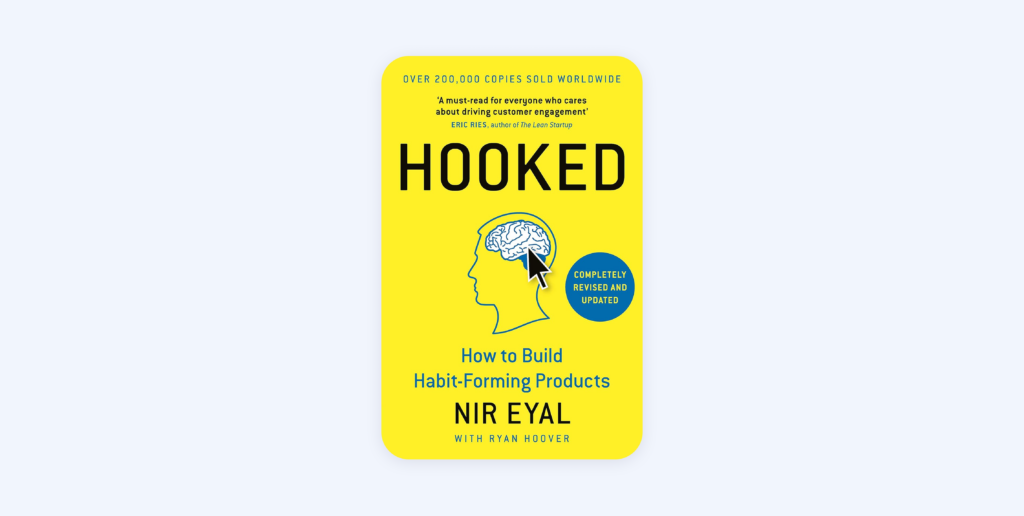
Hooked: How to Build Habit-Forming Products by Nir Eyal is a practical guide that explores the psychology behind habit-forming technology. The book provides a framework for creating products that naturally align with users’ behaviors and needs — the “Hook Model”. It’s a four-step process designed to build customer habits through cycles of trigger, action, variable reward, and investment.
Eyal draws on research from behavioral economics, psychology, and neuroscience to explain why certain products capture our attention and become integrated into our daily routines. He examines case studies from successful companies like Facebook, Twitter, and Pinterest to illustrate how these principles work in practice. The book balances theoretical insights with actionable advice, showing readers how to ethically apply these techniques to create products that genuinely improve users’ lives while building lasting customer relationships.
This book will be useful for:
- Product managers and designers seeking to create more engaging user experiences
- Entrepreneurs and startup founders looking to build products with staying power
- Marketers, business leaders and developers who want to understand the psychology behind user engagement and customer loyalty
- Anyone interested in understanding why certain products become indispensable parts of
In the ever-changing landscape of software development, Hooked is not a new book anymore — it predates TikTok and the political weaponization of social media. But its insights stand even more relevant now than they were in 2013.
–
Here’s the deal: humans are prone to addiction. If something presses our buttons just right, we want more of it, in spite of risks and concerns. This can be alcohol, gambling, chocolate, love… But more recently, and dangerously, there’s a new addiction: software.
–
Software is unique in how much control the creators have over its function. A glass of wine acts predictably; the taste may differ but your limit is a known value. Software, however, can range from essential to something that will destroy your life with addiction. Worst of all, there is little indication or regulation for that. And since business owners are incentivised to keep customers coming back, addictive and habit-forming software is all around us.
–
Hooked outlines the mechanism by which software habits are formed: trigger, action, reward, investment. It explores real-world examples: social media platforms, gaming and more.
Hooked will help you become aware of the dark patterns and construct habits that benefit you — and, if you dare, your customers.
Wrapping up
Diverse readings can shape our professional thinking in unexpected ways. As our engineers’ recommendations show, transformative insights come from both technical guides and seemingly unrelated genres. It just reminds us how interconnected our skills and perspectives really are.
Sometimes the right book at the right moment can catalyze that growth more effectively than any tutorial or course. So, when you’re dealing with a complex issue or designing a new feature, consider stepping away from the screen and into a good book that might just provide the fresh perspective you need. We hope you’ve enjoyed this selection and found something to add to your reading list. Happy reading & coding!
